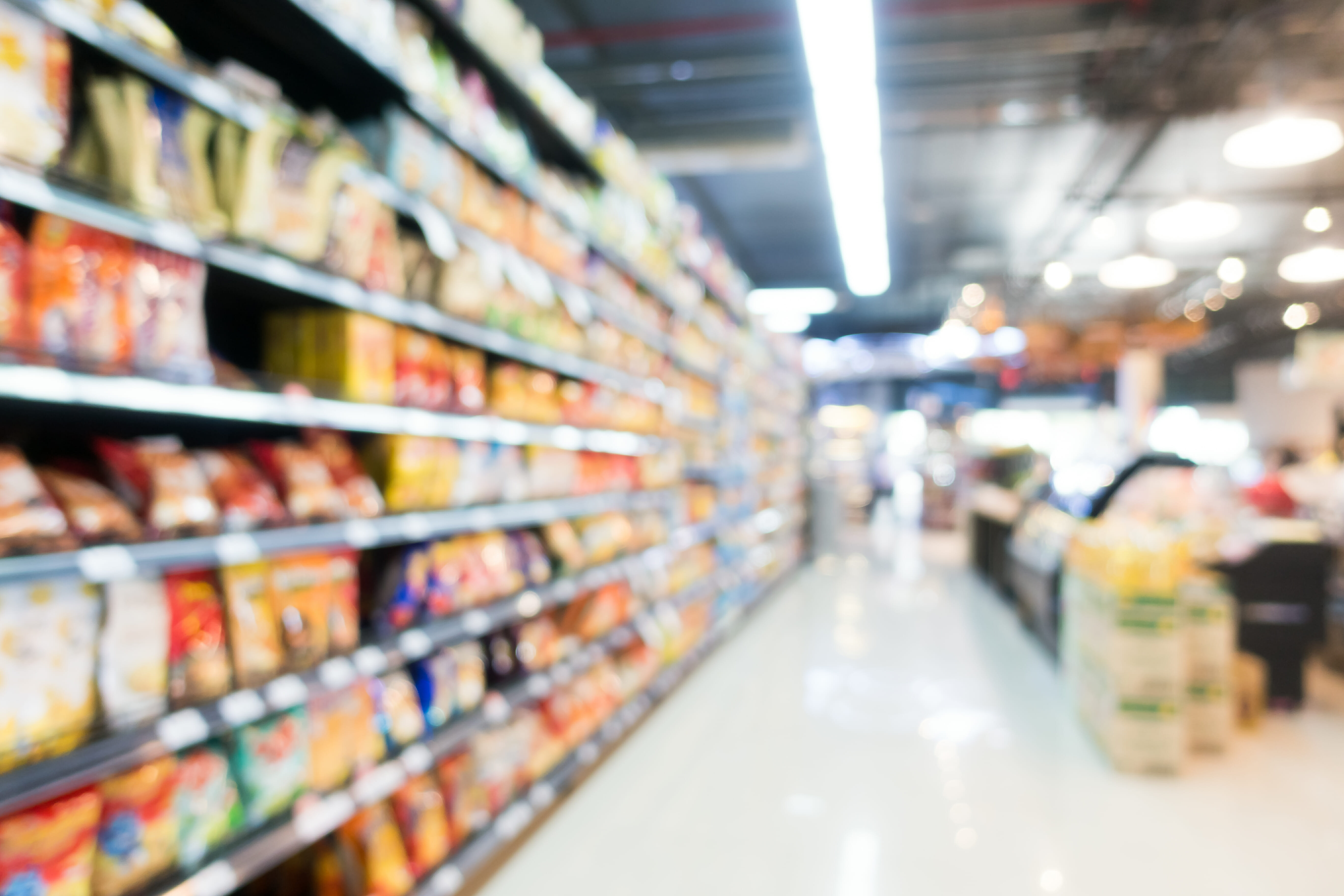Carrefour Adds Milk to its Food Traceability Network Based on Blockchain Technology
The blockchain technology keeps making headlines thanks to its power to change the way processes are performed worldwide and in several industries. Food is one of the sectors that have benefited the most with the rise and popularity of blockchain services that help add trustworthiness and traceability to crucial stages in the supply chain.
Carrefour has been, for quite some time now, among the leaders in blockchain applications at a global scale. In 2018, the French company became the first one to use blockchain technology for European food tracing, most specifically for chicken and tomatoes. Now, another heavily-consumed product has joined the system to ensure the best standards of quality are met in all stages.
Carrefour’s Quality Line (CQL) fresh micro-filtered full fat milk
The newest product to be included in the retailer’s blockchain network is milk, most precisely, Carrefour’s Quality Line (CQL) fresh micro-filtered full fat milk. The information era has contributed to the birth of a brand new requirement for enterprises in the food sector: traceability and reliability.
People like to know that the item they are paying
According to a Carrefour’s press release, “consumers will be able to locate the GPS coordinates of the breeders, obtain information about the feeding of cows according to the season, know the precise date of the milk collection and the place of its packaging.”
Matching What’s Advertised: a Common Requirement
Customers of the well-known French food brand will have the ability to ensure that the milk fulfills the necessary requirements and match its advertising, namely that cows are fed non GMO (Genetically Modified Organisms) food, reared on farms that have the appropriate size and under the best conditions.
Additionally, people that acquire the CQL milk can get to know at exactly which farms it was produced, the time of its packaging, and the moment in which it was placed on the shelves, ready to be sold.
“The blockchain technology will also allow them (the end customers) to identify the actors in this sector (names and photos,) and discover their trades both in terms of breeding practices and methods of preserving milk by microfiltration,” the statement read.
GPS of the Farm’s Location
Customers will also be able to find out at which farms the milk was produced, when the milk was packaged and when it was placed on the shelves. They can even see the GPS coordinates of the farm location.
The firm puts in a lot of work to guarantee food traceability and, therefore, trustworthiness and reliability. It is not a coincidence that the company joined the IBM’s Food Trust Network along with other business such as Dole, Driscoll’s, Golden State Foods, Kroger, McCormick and Company, McLane Company, Nestlé, Tyson Foods, Unilever and Walmart.
By Andres Chavez
